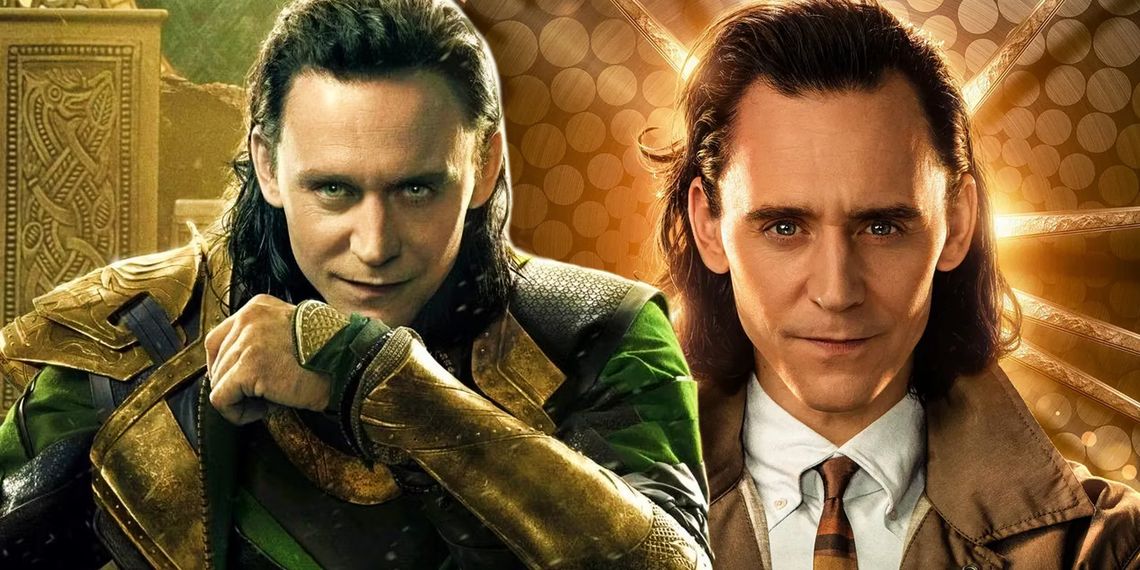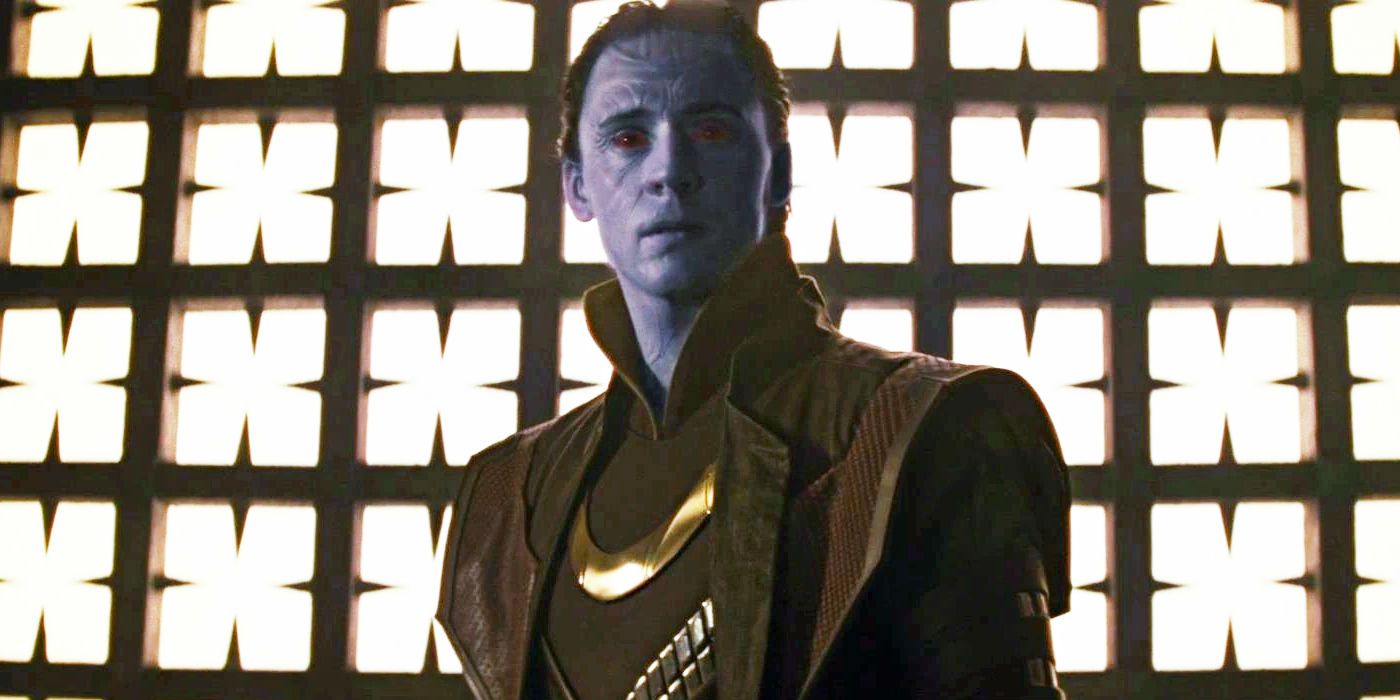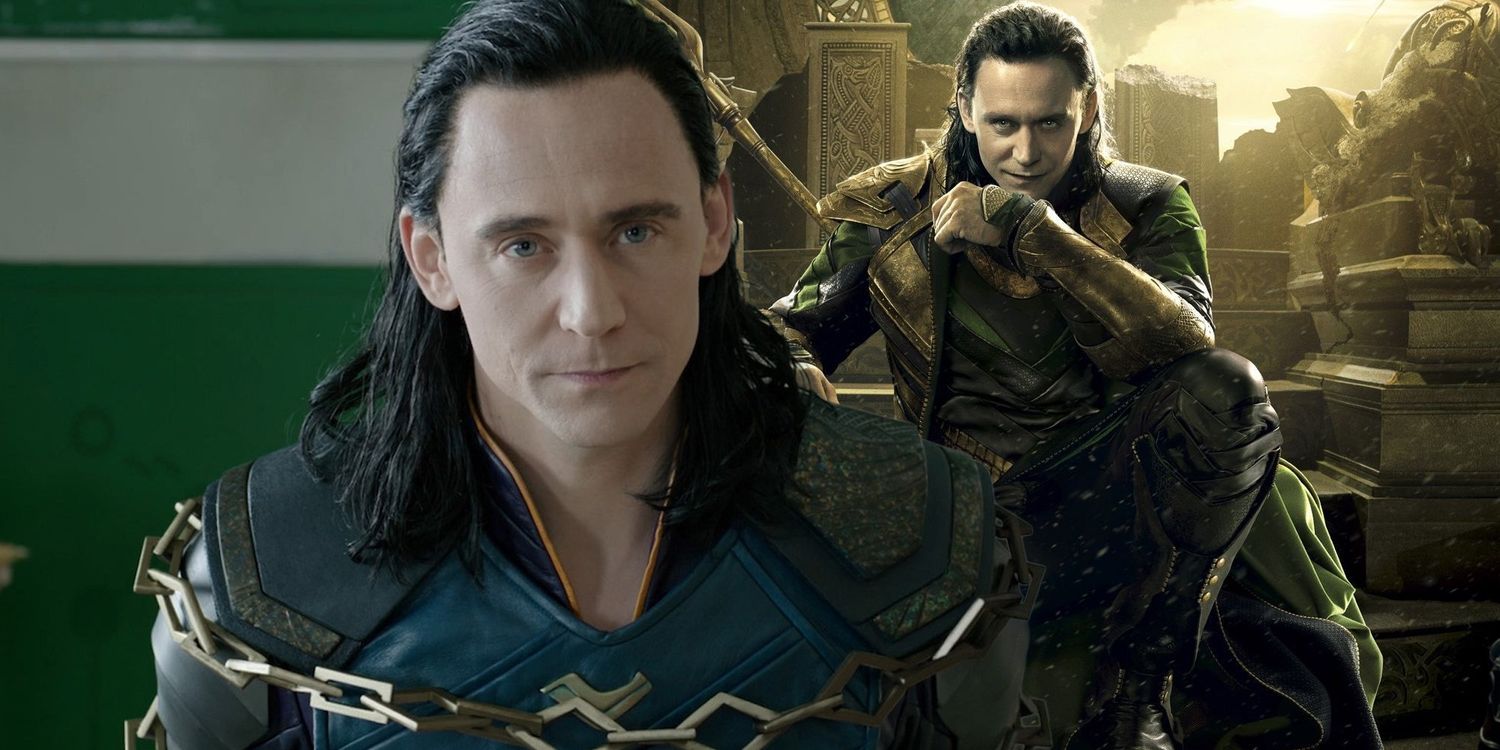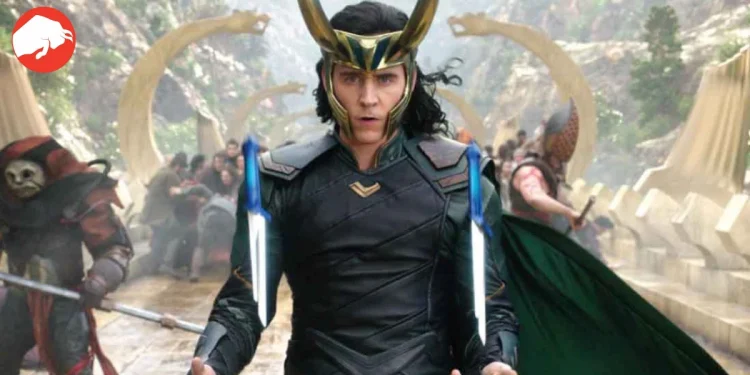Loki: The Evolution from Villain to Hero in the MCU
Loki, the God of Mischief, has undergone a significant transformation in the Marvel Cinematic Universe (MCU). From his villainous debut in “Thor” to his more heroic roles in subsequent films and series, Loki’s character development has been a rollercoaster ride of mischief, redemption, and self-discovery. This article delves into Loki’s journey, exploring his origins, his motivations, and his evolution from a villain to a beloved anti-hero and, eventually, a hero in the MCU.
Loki’s Forgotten Villainous Origins
Loki’s journey in the MCU has been marked by his transition from villain to hero, a shift so profound that his initial villainous roles in the franchise are often overlooked. Since “Thor: The Dark World” in 2013, Loki has oscillated between being a morally gray anti-hero and a full-blown hero, especially highlighted in “Thor: Ragnarok” and “Avengers: Infinity War.”

“Loki’s fan-favorite status also means that his villainous beginnings in the MCU are forgotten in favor of his more lovable side.”
The Revelation of Loki’s True Heritage
In his first MCU appearance in “Thor,” Loki discovers he is the son of a Frost Giant, adopted and raised by Odin. This revelation triggers an existential crisis in Loki, leading him to believe that Odin’s apparent preference for Thor was due to Loki’s Frost Giant lineage. This realization sets Loki on a path against Odin, Thor, and Asgard, marking his descent into villainy, which is prominently displayed in “Thor” and “The Avengers.”
Loki’s Perception of Power and Weakness
Loki’s actions in “Thor” and “The Avengers” are not driven by a desire to inflict pain but rather to create an illusion of power to mask his perceived weakness. “Loki’s villainous acts… were simply cruel, elaborate tricks to instill fear in people to give the illusion that someone as weak as Loki is actually powerful.” This perceived weakness and his issues with self-acceptance stem from the reveal of his true heritage and his assumption that he was unloved by Odin, a notion he later realizes is untrue in “Thor: Ragnarok.”

The Blame Game: Who Caused Loki’s Descent?
The familial dynamics in Loki’s origin story raise questions about who is truly responsible for his transformation into a villain. While it could be argued that Odin’s concealment of Loki’s true parentage or Thor’s constant belittling played a role, it becomes clear that Loki’s own misconceptions and lack of self-acceptance are the real culprits. “It was Loki’s preconceived notions that made him assume he was treated differently by Asgard for his Frost Giant heritage.”
Loki’s Redemption and Acceptance
Loki’s journey is also one of redemption and acceptance. He comes to understand that his family loved him regardless of his origins. His realization and acceptance of this love mark his transition from a villain to a hero in the MCU. The current version of Loki, featured in the “Loki” series, acknowledges this early on, allowing the upcoming season to focus more on his continued redemption and evolution as a hero in the MCU.

Loki’s transformation from a villain to a hero in the MCU is a compelling journey of self-discovery, acceptance, and redemption. His evolution is not just a shift in character alignment but a profound exploration of self-perception, familial love, and belonging. As Loki continues to embrace his true self and his place in the MCU, fans eagerly await to see how his character will further develop and what mischief he will get up to next in the Multiverse Saga.
Final Thoughts
Loki’s evolution in the MCU is a testament to the complexity and depth of character development in the Marvel Universe. His journey from villain to hero, driven by his quest for acceptance and self-discovery, adds a rich layer to the MCU narrative, making him one of the most beloved characters in the franchise. Whether he’s the God of Mischief or a hero of the Multiverse Saga, Loki’s journey is far from over, and fans are excited to see what the future holds for him.









